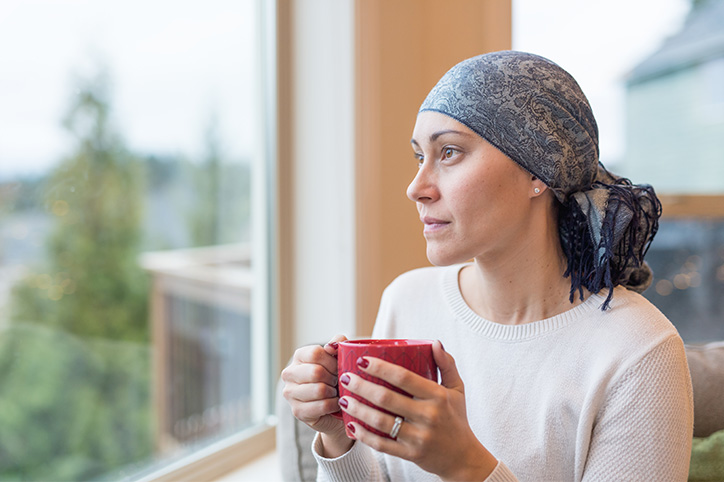“Let me know what I can do to help.”
“Just call me for whatever you need, any time of day.”
“Here, I made you a lasagne.”
If someone you care about has ever experienced a crisis, chances are you’ve uttered some version of these sentences. When I was a young mother of four undergoing a grueling regimen of breast cancer treatment thirteen years ago, I heard plenty of well-meaning comments that weren’t nearly as helpful as they were intended to be.
Having a double mastectomy, eight rounds of chemo followed by an oophorectomy while tending to the needs of four young kids was both difficult and eye-opening I discovered the limits to which I’d go to survive, realized that having cancer isn’t anything like they make it seem in film and television and I learned the answer to something I’d always wondered about: How does a wig stay fastened to a bald head? (Answer: sports tape)
Of all the things I learned from my ordeal, however, the most useful one was knowing the right- and wrong- ways to show up for someone when the chips are down.
My primary concern, aside from managing the side effects of my surgeries and treatment, was how to keep things as normal as possible both for me and my family. This meant me doing my usual mom things like bath and bedtime, attending school plays and cooking dinner whenever I was feeling up to it and only outsourcing such tasks to friends and family on the days that chemo knocked me out.
I was determined to avoid the casserole parade and unnatural influx of visitors which well-meaning people tend to set in motion during times like these. Some women would welcome this flurry of activity as well as questions about prognosis and medical progress and that’s their prerogative. I was not looking for that kind of support.
For me (and a bunch of other breast cancer survivors I’ve spoken to) the kind of support I wanted was the kind that allowed me to preserve my dignity, independence and sanity.
When I said I didn’t need a meal dropped off I wasn’t being shy.
When I said, repeatedly, that I felt fine I was either feeling, in fact, fine – or doing my best to convince myself that I was so as to maintain the illusion of control over what was happening to me.
And when I said I didn’t want any visitors other than the select handful of friends and family who formed my inner circle, I meant it. It was nothing personal. The thought of having to engage in an endless loop of conversation around what was happening to me was the exact opposite of what I needed to protect my strength and mental wellbeing.
The people who respected my wishes and acted accordingly, despite what they themselves might have wanted in my situation, were the ones who helped me the most. The ones who waited for me to accept any of their offers to cook, take my kids to school or sit with me during chemo gave me a sense of agency without knowing it.
Anyone who dropped off a meal when I’d asked them not to, showed up at my door expecting some face time or said things like, ‘But how are you really feeling, you can tell me!” unwittingly prioritized their need to feel helpful over what my needs actually were. They made it about them.
I’m often contacted by newly diagnosed breast cancer patients or their loved ones asking for guidance based on my own experience. Often, they are looking for reassurance, a shoulder to cry on or insight into what chemo really feels like. Just as often, these friends and family want to know how they can best ease the suffering of their person.
Here’s what I tell them:
- Don’t underestimate the power of listening without trying to offer a solution. Sometimes people need to rage and vent even while knowing that their problems can’t necessarily be “fixed”.
- Make them laugh. Laughter is the greatest gift for someone in crisis.
- Make specific offers (i.e.: ‘I’m going to Costco today, just send me a list of what you need’) instead of the vague
- Don’t hesitate to ask if you need anything.
- Check on the spouses/partners- they need to blow off steam too!
- Take ‘no’ for an answer and don’t assume you know better than your loved one
In other words, don’t make it about you!








